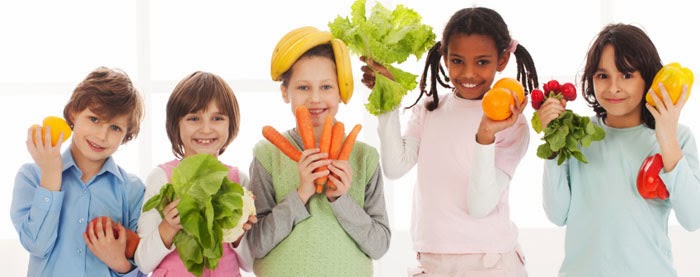
The charismatic television chef’s exposure of the fatty junk that constitutes many dinners — summed up by his personal war on the infamous Turkey Twizzler — has caused outrage among parents, and determination that the government should act to protect children’s diets.
The irony is, of course, that at the same time many of these parents are righteously logging on to protest about what their children are being fed at school, downstairs their little darlings are likely to be polishing off one of the staggering 107m Easter eggs that will be opened this weekend — and in the process consuming as much as 1,270 calories and 70g of fat. And that’s before they start on the crisps and biscuits that have become a normal part of many a harassed parent ’s kitchen.
Perhaps, then, it should be no surprise that last year a survey of department store dresses found that the average 11-year-old girl has a waistline 2in bigger than that of a typical woman 60 years ago. Or that nearly one in 10 two-year-olds is now classified as obese. Such figures led the Commons select committee on health to warn that this could be the first generation where children die before their parents.
“In my opinion it is the parents who are the problem, not the children,” says Dr Gillian McKeith, who has just published the You Are What You Eat cookbook.
“What you tend to find is that children who are demanding junk food are only demanding it because that is all they have known.”
Of course all any parent wants is what is best for their children — but with the barrage of information it can often seem confusing. Many middle-class parents in the 1980s started giving their children crisps in the erroneous belief that they were “healthier” than sweets.
Others, told that we should cut down on red meat, fed their children highly processed chicken nuggets instead. Or gave their children skimmed milk before the age of five.
So what is the best approach? Sixty years ago it was all much simpler: when food rationing was introduced in the war it prompted a dramatic increase in general health and fitness. Meals were prepared from scratch, relying heavily on homegrown fruit and vegetables. With public transport limited and petrol strictly controlled, it also meant that exercise was a major part of our lifestyle, whether walking, cycling or gardening.
“A few generations back parents knew what to feed their children because there wasn’t a fast-food culture,” says Rose Gray of the River Cafe. “You had to decide in advance what to eat for lunch or supper and it involved going to the butcher or the greengrocer, whereas now parents are just confronted by packages in supermarkets that all look the same.”
Today, despite eating on average 750 calories less per day, our children are storing up potential problems for the future because they are not taking enough exercise. Even by puberty those who eat more fruit and vegetables have lower blood pressure and denser bone mass.
According to the British Nutrition Foundation, many children are missing out on vital nutrients for development. Assessing a number of studies, it found half of pre-school children had a marginal intake of vitamin A and copper, and 75% had a marginal intake of zinc.
The effects are not just physical, according to the American Journal of Psychiatry. A 14-year study by the University of Southern California claimed that diets in the first three years of life that lacked a variety of minerals could trigger anti-social behaviour.
